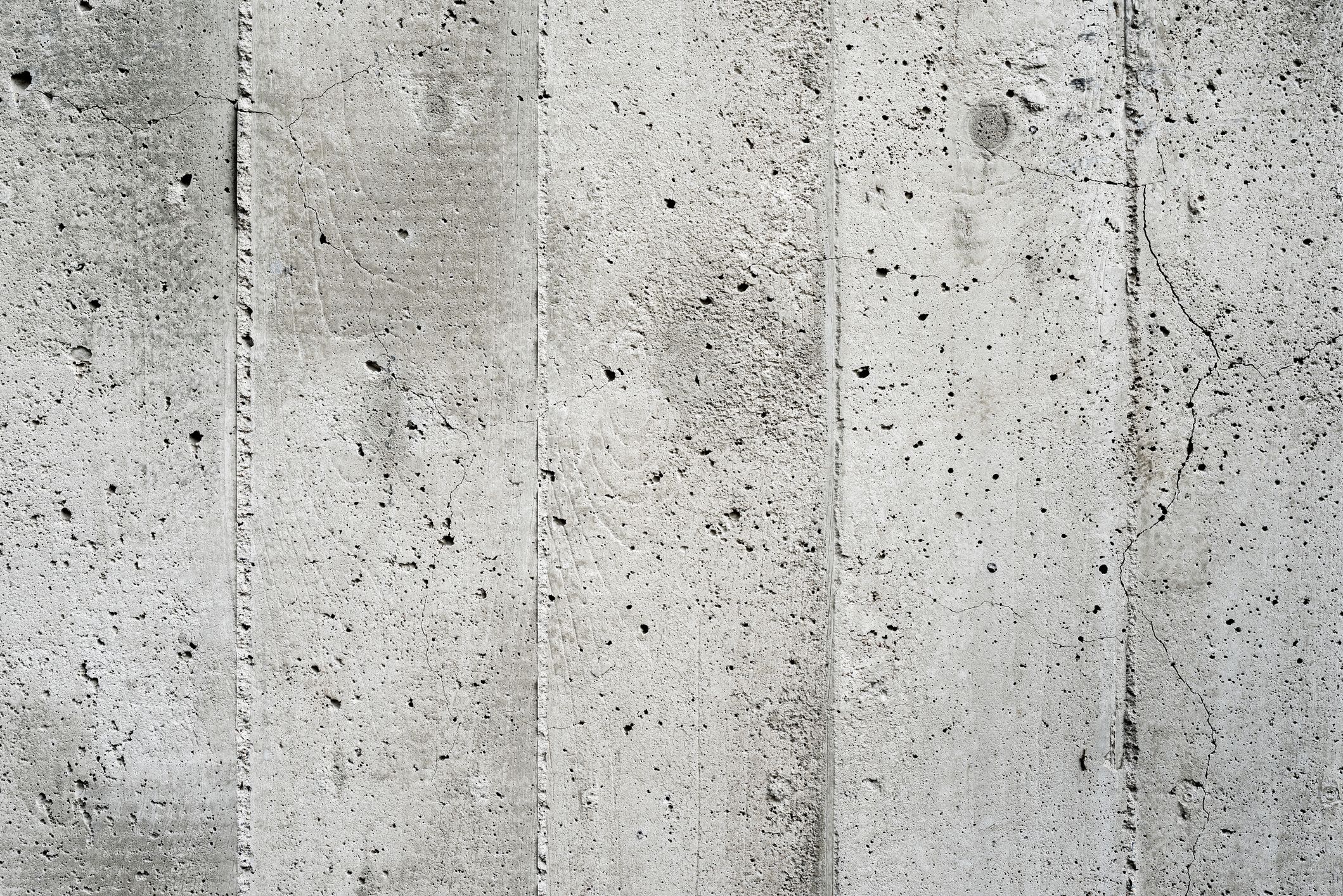Experienced Concrete Service Providers: Relied On for High Quality and Effectiveness
Experienced Concrete Service Providers: Relied On for High Quality and Effectiveness
Blog Article
Introducing the Eco-Friendly Advantages of Making Use Of Recycled Concrete in Lasting Construction Practices
In the world of lasting building practices, the use of recycled concrete stands as a crucial yet typically undervalued resource. Beyond its standard applications, recycled concrete deals a myriad of green benefits that extend far past the confines of conventional construction products.
Environmental Benefits
Undoubtedly, one of one of the most substantial advantages of using recycled concrete is its favorable influence on the environment. By incorporating recycled concrete right into construction practices, there is a substantial reduction in the need for brand-new resources, leading to conservation of natural deposits. This procedure aids in protecting aggregates, water, and energy that would certainly have been used in producing new concrete. Additionally, using recycled concrete lessens the amount of waste being sent out to landfills, consequently reducing ecological contamination and minimizing the strain on landfill capabilities.

Moreover, the production of traditional concrete is a considerable resource of carbon emissions due to the energy-intensive procedure of cement production. In contrast, recycled concrete has a lower carbon impact as it reduces the need for new concrete production. This decline in carbon emissions adds to mitigating climate adjustment and supports lasting construction techniques. On the whole, the ecological advantages of using recycled concrete are significant and play an essential duty in promoting environmentally friendly building approaches.
Cost-Efficiency
Achieving cost-efficiency is a critical factor to consider when evaluating the usage of recycled concrete in construction jobs. One of the essential benefits of using recycled concrete is its cost-effectiveness compared to typical concrete.
In addition, the use of recycled concrete can result in savings in garbage dump expenses by diverting concrete waste from disposal websites. This not just lowers the ecological impact yet additionally gets rid of the costs related to waste removal. The toughness and performance of recycled concrete are equivalent to conventional concrete, ensuring that price savings do not compromise the quality of the building.
Resilience and Strength
Recycled concrete offers equivalent, if not remarkable, toughness and toughness residential properties to see this site typical concrete - Concrete. Through innovations in handling techniques and quality control, recycled concrete can satisfy or exceed the performance standards of traditional concrete.
:max_bytes(150000):strip_icc()/GettyImages-941748918-5c7f3654c9e77c00012f82f6.jpg)
Waste Decrease
When it comes to using recycled concrete, waste decrease is an essential advantage that adds dramatically to ecological conservation. By integrating recycled concrete right into construction jobs, this waste is repurposed and diverted from garbage dumps, lowering the total ecological effect of building activities.
Additionally, the usage of recycled concrete can lead to cost financial savings for construction jobs, as it is often see a lot more cost effective than sourcing and transferring brand-new materials - Concrete. In conclusion, waste decrease via the application of recycled concrete is an important component of lasting construction methods that profits both the environment and the construction sector as a whole.
Power Conservation
When it comes to utilizing recycled concrete in building, considerable energy savings are attained contrasted to traditional concrete manufacturing. The process of creating recycled concrete involves squashing and reusing existing concrete products, which eats less power than mining, processing, and delivering raw materials for new concrete manufacturing.
Verdict
To conclude, the use of recycled concrete in sustainable construction techniques uses numerous ecological benefits, cost-efficiency, resilience, toughness, waste reduction, and power conservation. By incorporating recycled concrete right into construction tasks, we can contribute to a more sustainable and ecologically friendly future. It is necessary for the building and construction market to focus on using recycled products to help minimize the ecological impact of building activities.
One of the crucial advantages of making use of recycled concrete is its cost-effectiveness contrasted to traditional concrete.In addition, the use of recycled concrete can lead to cost savings in land fill costs by drawing away concrete waste from disposal sites. The longevity and performance of recycled concrete are similar to standard concrete, guaranteeing that price savings do not jeopardize the top quality of the construction.

Report this page